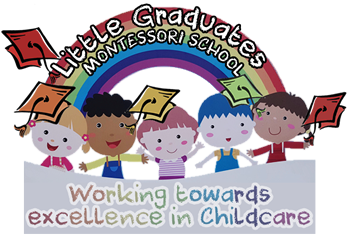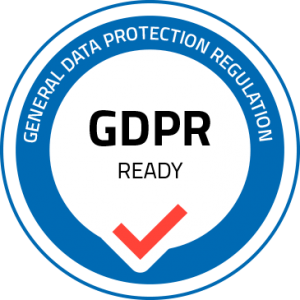The requirements for learning and development
All early years providers must by law deliver, regardless of type, size or funding of the setting deliver the learning and development requirements as set out in the Practice Guidance for the Early Years Foundation Stage September 2012 in a way which reflects the needs of the individual children in their care and is appropriate to their setting.
.
Children are competent learners from birth and develop and learn in a wide variety of ways.
All practitioners should, therefore, look carefully at the children in their care, consider their needs, their interests, and their stages of development and use all of this information to help plan a challenging and enjoyable experience across all the areas of Learning and Development. The Childcare Act 2006 provides for the EYFS learning and development requirements to comprise three elements:
- The early learning goals- the knowledge, skills and understanding which young children should have acquired by the end of the academic year in which they reach the age of five;
- The educational programs- the matters, skills and processes which are required to be taught to young children;
- The assessment arrangements- the arrangements for assessing young children to ascertain their achievements
There are seven areas of learning and development that must shape educational program in early year’s settings. Three areas are particularly crucial for igniting children’s curiosity and enthusiasm for learning, and for building their capacity to learn, form relationships and thrive. These three areas, the PRIME areas, are
- Personal, Social and Emotional Development;
- Communication, Language
- Physical Development
These three then interlink with these SPECIFIC areas
- Literacy
- Mathematics
- Understanding the World;
- Expressive Arts and Design
None of these areas of Learning and Development can be delivered in isolation from the others. They are equally important and depend on each other to support a rounded approach to child development. All the areas must be delivered through planned, purposeful play, with a balance of adult-led and child-initiated activities.




